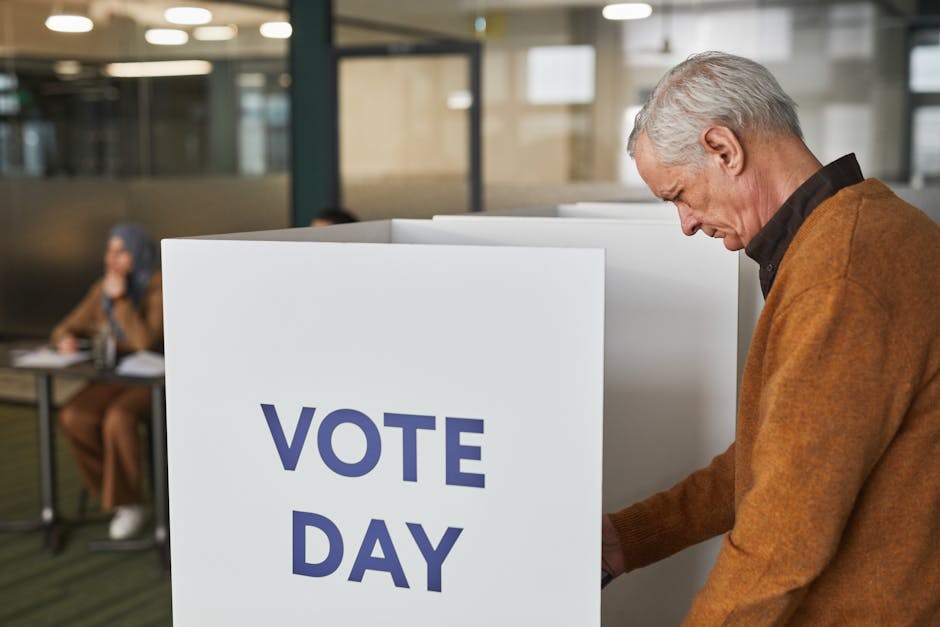In a democratic society, the heartbeat of governance lies not solely within the halls of power, but also within the collective pulse of its citizens. Effective participation isn’t merely a right; it’s a vital component for a healthy, responsive, and representative political system. This exploration delves into diverse avenues for citizens to meaningfully engage with their governments, from traditional avenues to innovative approaches.
Crucial Pillars of Civic Engagement
A strong foundation of citizen involvement hinges on a few key principles. Firstly, knowledge is paramount. Understanding the intricacies of political processes, policies, and the legislative landscape is essential for informed decision-making. This knowledge can be gleaned from a variety of resources, including official government websites, reputable news outlets, academic research, and civic education initiatives. Secondly, active listening and open dialogue are fundamental. A willingness to engage in respectful discussions, listen to opposing viewpoints, and consider diverse perspectives is paramount for productive interactions with elected officials and fellow citizens. Finally, a sense of responsibility and ownership is critical. Citizens must recognize their role in shaping the future of their community and nation, taking initiative in addressing local issues, and supporting initiatives promoting progress.
Traditional Methods and Modern Adaptations
Traditional forms of citizen participation, such as voting, are still cornerstones of democratic practice. Casting a ballot in elections is a primary way to express preferences for representatives and policies. Beyond this fundamental act, citizens can engage in direct democracy, whereby they can participate in decision-making on specific issues through initiatives and referendums.
Beyond formal electoral processes, citizens can actively engage with their representatives through letters, emails, and phone calls. Writing to elected officials expressing views and concerns fosters a direct line of communication. Similarly, participating in town hall meetings and public hearings offers a platform for direct interaction and the opportunity to address elected officials face-to-face. This provides a vital outlet for citizens to voice opinions and influence policy considerations. However, the increasing prevalence of social media offers another, potentially more accessible pathway.
Leveraging Social Media for Political Discourse
Modern technology has transformed the dynamics of political engagement. Social media platforms have emerged as potent tools for citizens to connect with their elected officials, share information, and mobilize support. These digital spaces can foster public discourse, facilitate information sharing, and organize community action initiatives. Nevertheless, the challenge of ensuring accuracy and combating misinformation is crucial. The potential for echo chambers and the spread of harmful propaganda necessitates a vigilant and discerning approach to online engagement.
Beyond Online Forums: Community Engagement
Community engagement encompasses a multitude of activities designed to strengthen civic life and facilitate participation. Joining local organizations, volunteering, and taking an active role in community initiatives can foster a sense of belonging and responsibility. Volunteering for local charities, contributing to community improvement projects, and participating in neighborhood watch programs are tangible ways citizens can positively affect their environments.
Crucial Considerations and Potential Obstacles
Despite the various pathways for participation, challenges remain. Accessibility to information and resources is not uniform across all demographics. Financial constraints, language barriers, and differing levels of political literacy can create hurdles for certain segments of society, limiting their engagement. Additionally, a lack of trust in government institutions or a feeling of political apathy can discourage participation.
Overcoming these obstacles requires a multi-faceted approach. Government agencies must ensure transparent and accessible information. Civic education programs need to be broadened and adapted to meet the diverse needs of communities. Dedicated efforts to build public trust and foster a sense of civic responsibility are essential to encourage participation.
Empowering Citizens for a Stronger Democracy
Ultimately, citizen engagement is not a one-size-fits-all endeavour. The methods used must be tailored to meet the specific needs and circumstances of different communities and individuals. The crucial aspect lies in creating a robust, inclusive, and accessible environment that allows all citizens to contribute meaningfully to the democratic process.
In conclusion, fostering robust citizen participation is not simply an act of fulfilling legal obligations but a crucial component of a vibrant democracy. By embracing both traditional and modern methods, addressing challenges, and prioritizing access for all, societies can cultivate a truly participatory and representative political environment, one where the collective voice is heard and respected. A robust civic engagement approach leads to a more responsive and effective government, ultimately benefiting all members of society.
